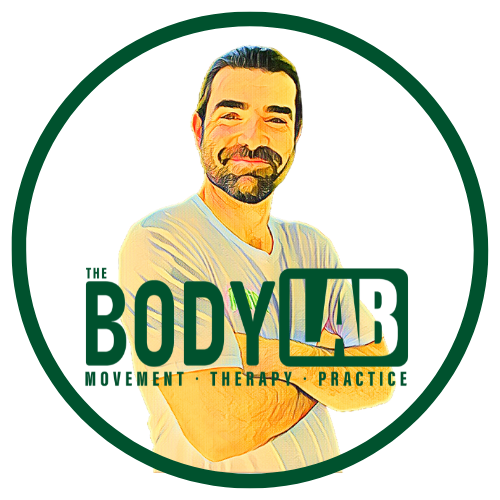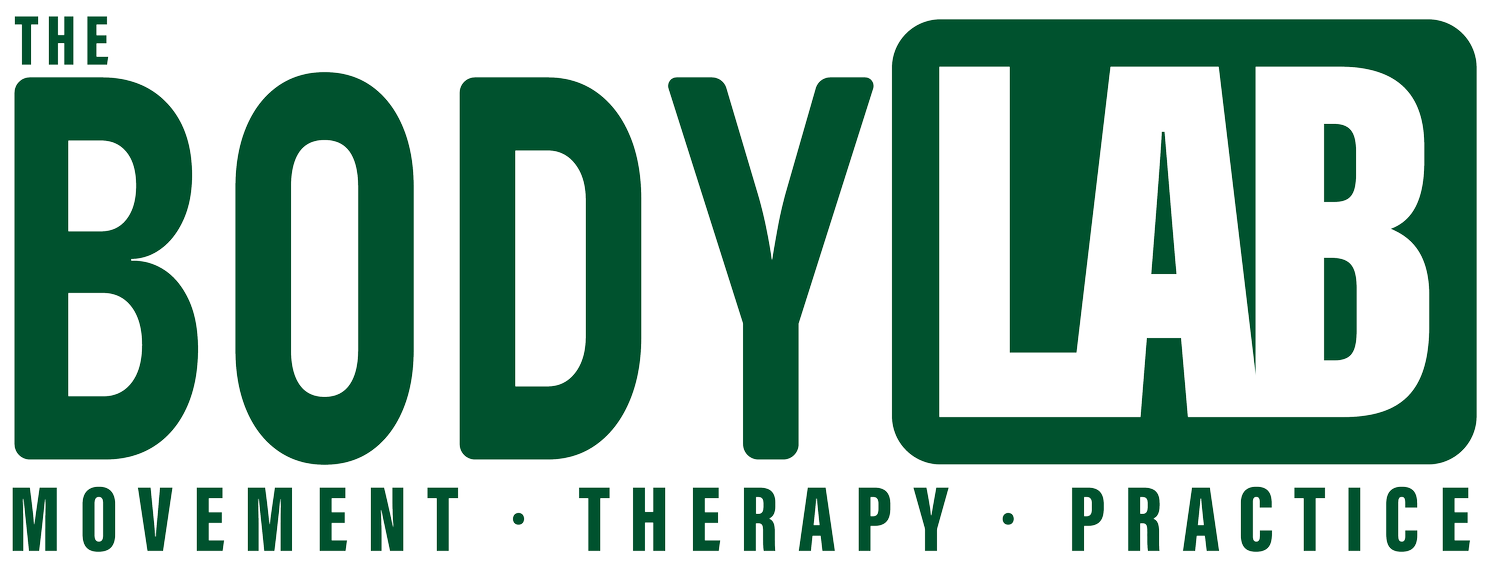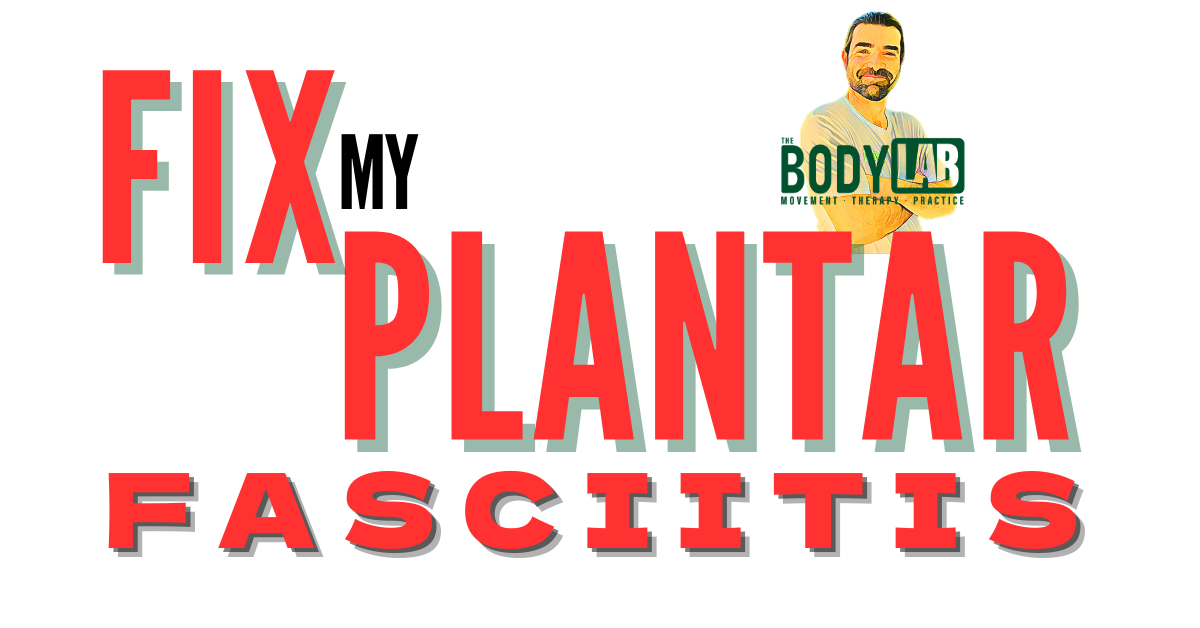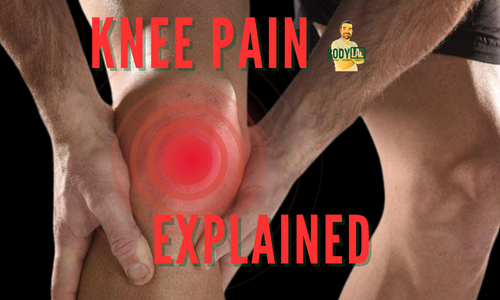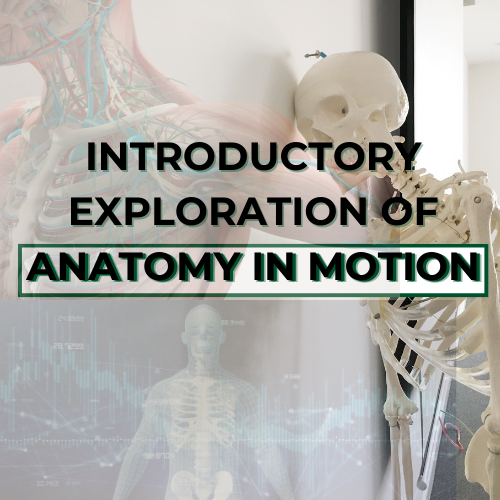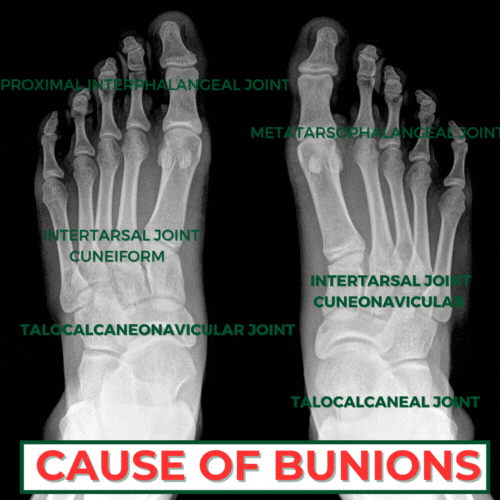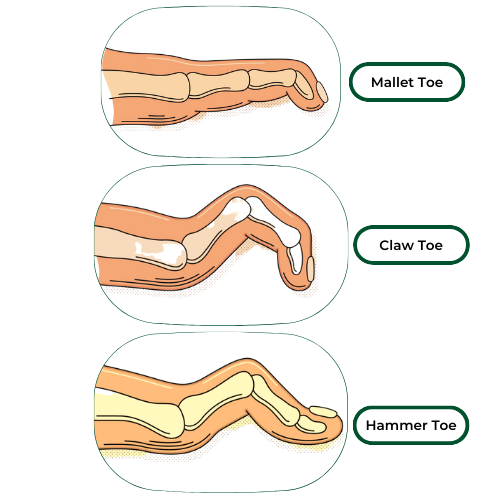
Canberra Acupuncture
Things I can help with
What is acupuncture?
Acupuncture is a traditional medical practice that originates from Chinese Medicine and has been used for thousands of years to promote health, alleviate pain, and treat various medical conditions. It involves the insertion of thin, sterile needles into specific points on the body. These points, known as acupuncture points, are believed to be located along pathways called meridians through which vital energy, known as Qi (pronounced "chee"), flows.
The fundamental concept of acupuncture is to restore the balance of Qi within the body. According to Chinese Medicine theory, imbalances or blockages in the flow of Qi can lead to various health issues. By stimulating specific acupuncture points, practitioners aim to regulate the flow of Qi, promote the body's natural healing abilities, and address a wide range of physical, emotional, and mental conditions.
Acupuncture needles are incredibly thin, about the diameter of a human hair, and are usually made from stainless steel. They are inserted into the skin at varying depths, depending on the specific condition being treated and the location of the acupuncture point. The sensation of the needle insertion varies from person to person; some people feel a slight tingling or dull ache, while others may feel nothing at all.
Acupuncture may be used to treat a variety of conditions, including but not limited to:
Pain conditions: Back pain, neck pain, joint pain, migraines, and other types of chronic or acute pain.
Musculoskeletal issues: help with arthritis, muscle tension, and sports injuries.
Digestive disorders: Irritable bowel syndrome (IBS), indigestion, and nausea.
Respiratory conditions: Allergies, asthma, and sinusitis.
Emotional well-being: Help to manage anxiety, depression, stress, and insomnia.
Women's health: Menstrual irregularities, aid with fertility, and menopause symptoms.
Acupuncture is often used as a complementary therapy alongside conventional medical treatments. It's essential to consult a trained and qualified acupuncture practitioner if you're considering acupuncture for any health concern. They will conduct a thorough assessment, consider your medical history, and tailor the treatment plan to your specific needs. Acupuncture has gained recognition in many parts of the world for its potential benefits and holistic approach to health and wellness.
My Canberra Acupuncture Practice
I practice classical acupuncture, sometimes in combination with cupping, electro-acupuncture, moxibustion and massage to help bring your body back to optimal alignment and health.
Most commonly, clients come to me for assistance with all types of pain management, including headaches and migraines, sports and overuse injuries, stroke rehabilitation, digestive upsets, hormonal imbalances, sleep disturbances, chronic fatigue, hay fever management, depression, stress, and anxiety.
One room one client at a time - totally focused on you during your appointment.
Does acupuncture work?
The Acupuncture Evidence Project was published in 2017. It is a review of the evidence supporting the efficacy of acupuncture currently available. Of the 122 conditions reviewed, evidence of effect was found at various levels for 117 conditions.
Conditions with strong evidence supporting the effectiveness of acupuncture included allergic rhinitis (perennial & seasonal), knee osteoarthritis, chemotherapy-induced nausea and vomiting (with anti-emetics), migraine prophylaxis, chronic low back pain, postoperative nausea & vomiting, headache (tension-type and chronic) and postoperative pain.
Conditions with moderate evidence supporting the effectiveness of acupuncture included acute low back pain, acute stroke, neck pain, obesity, anxiety, perimenopausal and postmenopausal insomnia, asthma in adults, post-traumatic stress disorder, constipation, hypertension (with medication), irritable bowel syndrome and menopausal hot flushes.
